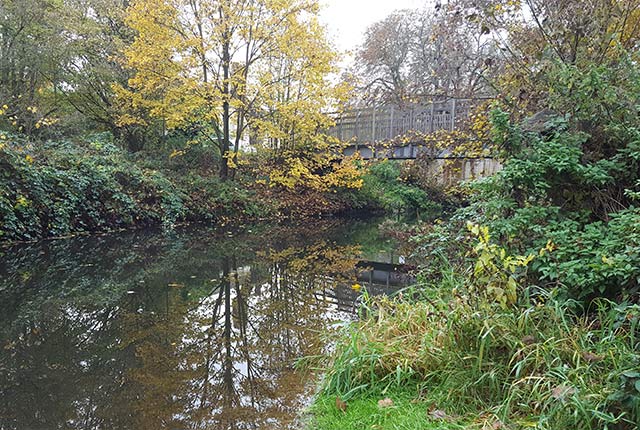A research consortium including the BGS is collaborating with partners and stakeholders within London to address sustainable management of the city’s water, within the context of required housing growth and the environment.
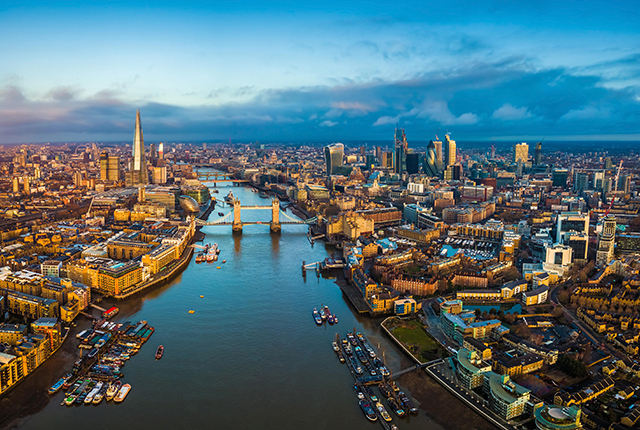
View across London showing Southwark, one of CAMELLIA’s four case study areas. ©i-Stock.com.
The team, led by Imperial College London and including the BGS, University College London and the University of Oxford, have been awarded a grant as part of NERC‘s £8 million Regional Impact from Science of the Environment (RISE) initiative.
RISE aims to bring research organisations together with businesses, policy bodies and other actors that contribute to economic development specific to their location, to deliver significant regional impact from NERC environmental science. Working in partnership with organisations across UK Government, business and civil society, the team aims to transform collaborative water management to support the provision of lower-cost, better-performing water infrastructure in the context of significant housing development, whilst improving people’s local environments and their quality of life.
Why is this work needed?
Currently there is a shortage of housing in London, particularly affordable homes, and 50 000 new homes per year are planned for the city until 2036. The growing population of London and its planned housing require water to be supplied and flooding to be reduced as far as possible.
The region is vulnerable to water shortages (droughts) and floods. In the spring of 2012, London was facing potentially its worst drought: by contrast, the prolonged rainfall that then fell over the summer caused localised flooding and led to the Thames Barrier being closed twice. This swing over half a year, from extreme shortage of water to excess, highlights the major challenge London faces to manage the water environment.
This challenge is likely to worsen with climate change alongside the expected economic growth of London and associated increase in population. It also shows how droughts and flooding are two ends of a hydrological spectrum, which needs to be managed as a whole.
The CAMELLIA project
The aim of the five-year ‘Community water management for a liveable London’ (CAMELLIA) project is to bring environmental, engineering, urban planning and socio-economic experts together with governmental and planning authorities, industry, developers and citizens to co-develop solutions that will enable the required housing growth in London whilst sustainably managing its water and environment. This aim will be addressed through the following five subsidiary objectives:
- develop strategic partnerships with the various stakeholder communities involved and affected by water-management decisions
- work with these partners to understand communal perceptions of the water system, challenges and common goals
- collaborate with all stakeholders to collate, develop and integrate models so that they can represent all of the interacting components of the urban water cycle, thus underpinning joint modelling of the water environment
- develop system analysis tools so that the information in these models can be translated into a common language facilitating informed dialogue, discussion and decisions between the various stakeholders, enabling them to reach agreed solutions to the challenging water-management problems that face London
- demonstrate the effectiveness of this approach and the accompanying tools through a set of four case studies for a range of different challenges:
- urban renewal
- housing development
- water infrastructure regeneration
- flood risk and water quality
The case studies will be up-scaled to produce London-wide models that facilitate collaborative water management and decision making across the capital.
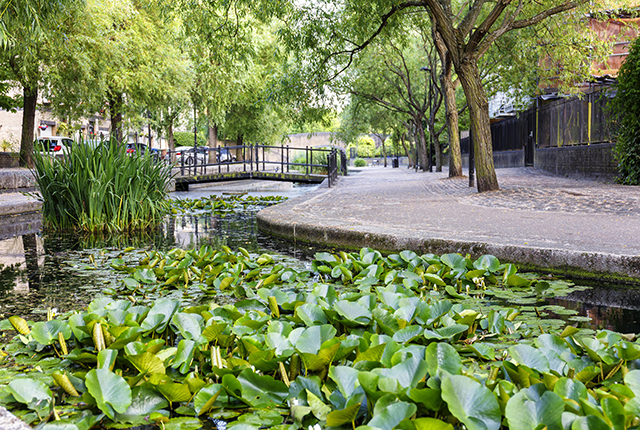
CAMELLIA aims to facilitate collective water management to create a more liveable urban environment. ©i-Stock.com.
Contact
If you want to discover more then please contact the BGS CAMELLIA team or visit the project’s web site.
You may also be interested in
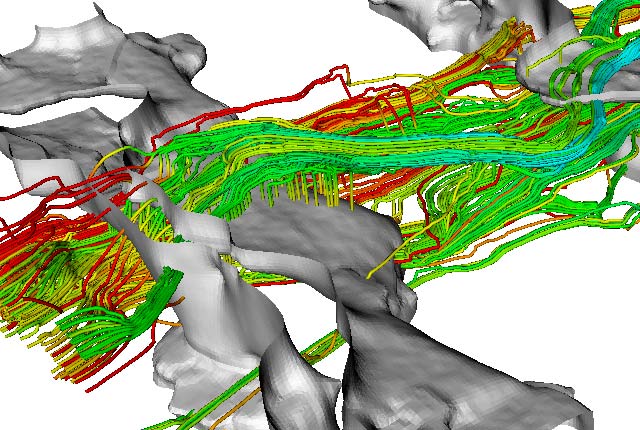
Groundwater modelling
Our modelling research focuses on the development and application of models to improve our understanding of hydrological and groundwater processes
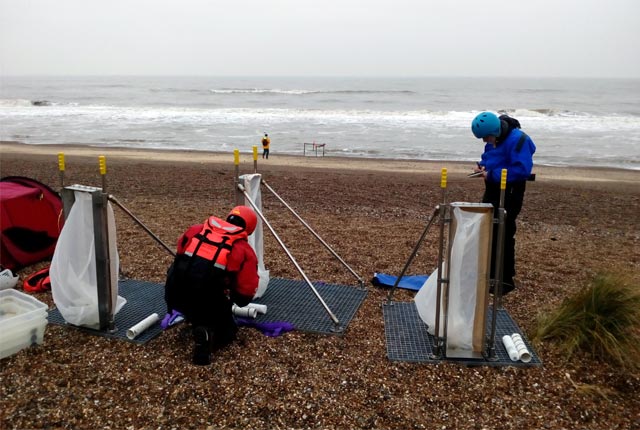
Coasts and estuaries geohazards
BGS Coasts and Estuaries provides independent and expert geoscientific tools and advice for collaborative decision making to assess different adaptation options to coastal flooding and erosion.
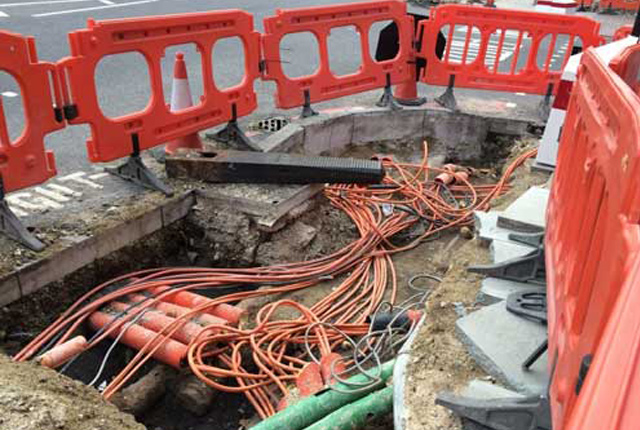
Project Iceberg
Project Iceberg aims to address the serious issue of the lack of information about the ground beneath our cities and the un-coordinated way in which the subsurface space is managed.




